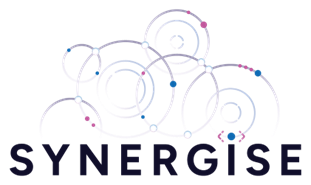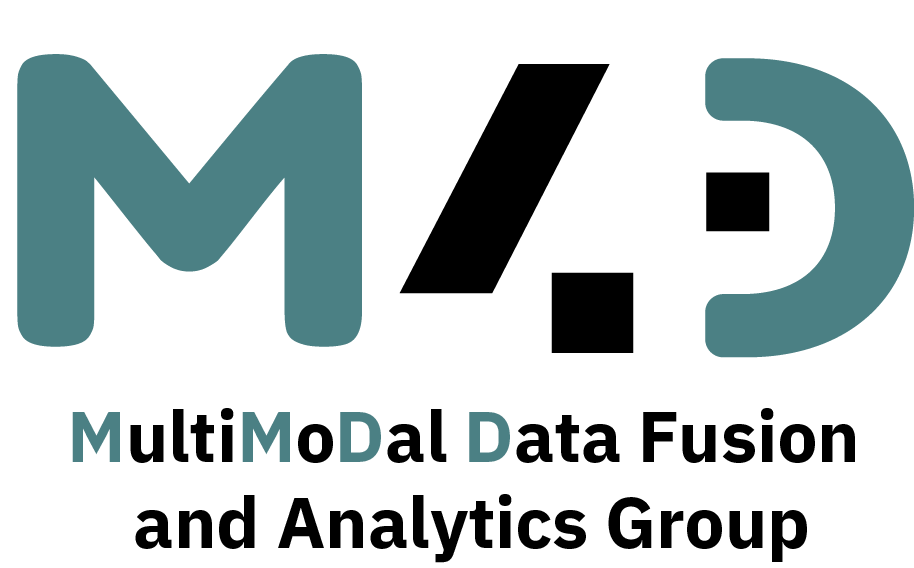
SYNERGISE
A novel integrated SYstem of Systems streNgthening tEchnical and logistical capacities to ensure better Response to emerGencies by synergIStically addrEssing FRs capability gaps
The SYNERGISE project aims at boosting the efficiency and safety of first responders during life-saving missions. The SYNERGISE team will develop a Novel Integrated Toolkit for Collaborative Response and Enhanced Situational Awareness (NIT-CRES). The toolkit shall improve the management of natural and man-made disasters whilst boosting collaboration between first responders to increase mission effectiveness and victim detection at highly challenging and complex incident sites. This will comprise a multitude of tools and services required for:
1) boosting situational awareness and sense-making by offering them the means to autonomously and synergistically perform indoor and outdoor exploration of incident sites towards victim identification whilst receiving at all times information about responders’ position and vitals as well as analyses of passive and active threats and hazards at the area of operations and
2) upgrading collaborative response and incident as well as resources management by continuously sharing and updating the common operational picture across deployed teams, among the chain of command and between participating agencies.
The NIT-CRES armors the FRs at all fronts by delivering novel, affordable, accepted, and customized response tools and services as part of their operational assets. Notably, the toolkit abides by privacy, ethical, security and legal constraints by design, considers an increased degree of inclusiveness for its operators and its setup facilitates collaborative response addressing standard operating procedures. The NIT-CRES will be provided at the service of the search and rescue personnel, fire brigades, emergency medical, police and civil protection agencies for extensive testing, training and validation (at component and Toolkit levels) in the framework of a rich Integration, Testing and Validation Activities Programme – of Round Tables (RTs), Collaborative Lab Tests (CLTs), Technical Integration Workshop (TIWS), Component Field Tests (CFTs) and System Field Tests (SFTs) – towards empowering collaborative response and handling of complex incidents to its fullest.
M4D is responsible for the implementation of efficient and comprehensive alerts. To achieve this, M4D will utilize early, intermediate, and late fusion strategies to effectively combine multiple modalities and integrate them with Machine Learning algorithms for more advanced and precise predictions. In order to establish a trustworthy warning and notification system, M4D will enhance AI algorithms with the ability to provide understandable explanations for users. Additionally, M4D will contribute to developing an augmented reality (AR) visualization approach that enhances situational awareness, eliminating the necessity of using multiple monitors and mentally mapping heterogeneous information to the real-world scene.

